Famous for being home to numerous religious sites, Isreal is considered to be a holy land by many. Resting at a massive crossroads, Israel is a unique country that sits at the convergence of Europe, Asia, and Africa.
Located in Asia but considered to be part of the Middle East, the country’s politics are heavily influenced by the three largest religions – Judaism, Islam, and Christianity. There are numerous religious sites that are of great importance to all three religions, however, not all travelers visit for their faith.
Israel is also located along the Mediterranean Sea, which means that there are plenty of gorgeous beaches for you to visit. The diverse and changing landscape will also lead you to the Dead and Red Seas. The land between the seas is also filled with diversity as you can venture through deserts, mountains, and forests.
ברוך הבא – Welcome to Israel!
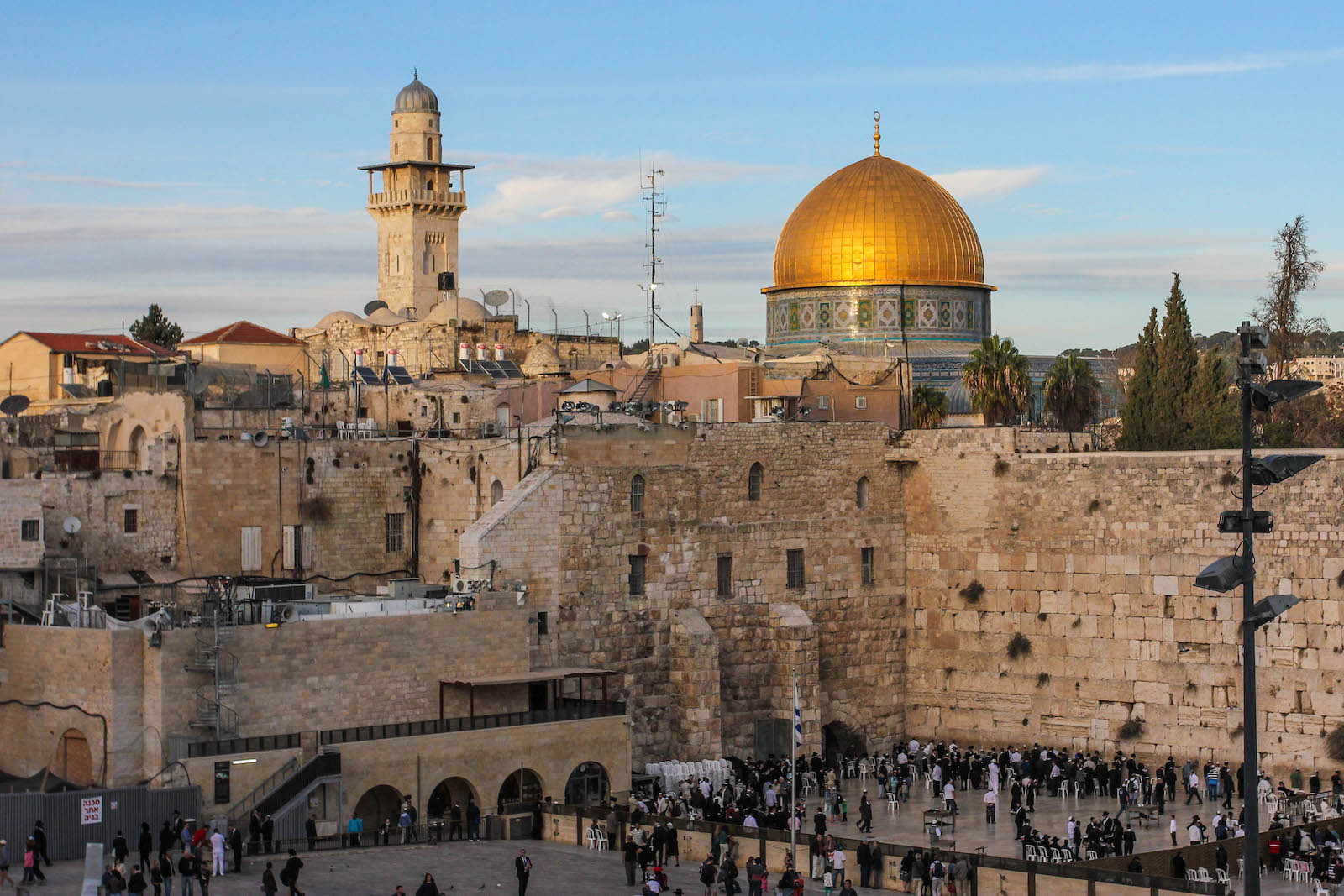
Jerusalem is the capital of Israel, and it is known by most travelers because of its religious significance or for being one of the world’s oldest cities. While Jerusalem has been steeped with a rich and turbulent history, divisions within the region have created ongoing battles.
East Jerusalem was once occupied by Jordan before and is currently being occupied by Israel. The divide is an ongoing battle, as Jordan wishes to claim the eastern part as the capital of Palestine. Beyond politics, Jerusalem is an incredible sight to see and a place where you can witness the combination of the past, present, and future.
- Culture and Language
- Spending Budget
- How to Get Around
- Top Cities to Visit
- Points of Interest
Culture and Language

Israel has an incredibly significant history within our world because it was once a pathway between early hominid migrations from Africa to Europe, which started almost 1.5 million years ago. Israel is also religiously significant because it is the birthplace of two major religions – Judaism and Christianity.
The Hebrew Bible’s final form was completed in the city, and for Jewish people, it is their birthplace. But by the end of the Crusades, the Arab Muslim Empires came into power, which made the Muslim religion the dominant faith.
Israel History
However, in the late 19th century, a national movement of Zionism brought Judaism back to prominence. With help from the British government during World War I, Jerusalem was named as the Jewish National Home, and they retook all of Jerusalem for Israel. Now, 43% of the world’s Jewish population lives in Israel.

The city has always been in a state of conflict due to its demographics, which means that the Arabs and Palestinians have always fought over the area. By 1980, Jerusalem was declared by law as the capital of Israel. A more recent conflict broke out in 2008 between Egypt and Israel along the Gaza Strip, which ultimately ended with a more open border.
Now, the Israeli government has put a Prime Minister at the head, and they run as a parliamentary democracy. The government is established in Jerusalem, and Tel Aviv is also an important city for the country’s technological and economic advances.
Many of Israel’s cultures and customs are based on Judaism and Christianity. Jewish customs like philosophy, literature, art, and folklore are all prominent in the area and are celebrated through numerous festivals and traditions.
Israel proudly showcases its culture through its numerous museums. With over 200, the country has the world’s highest number of museums per capita. There are many Jewish people who will take a birthright trip to Israel, though the area also attracts plenty of Christians who also wish to visit prominent religious sites.
Official Language
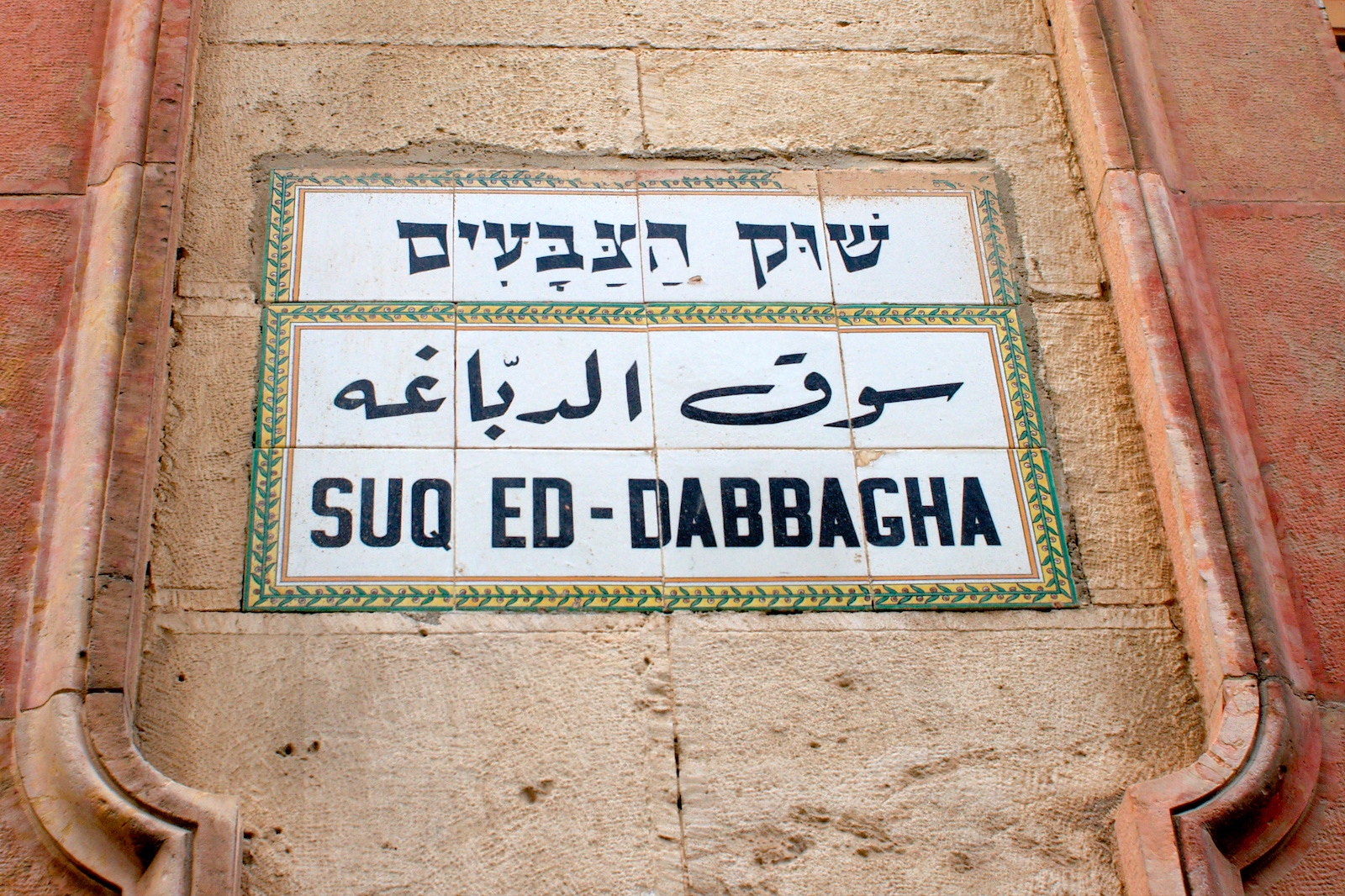
Hebrew is Israel’s official language and is spoken by almost the entire country’s 9.2 million (as of 2020) population to decent proficiency, if not as a first language. Arabic is also a prominent language in the country because it was once listed as an official language as well.
While Arabic has lost its official status, 20% of the population does still speak the language, and there are many signs that are written in both Hebrew and Arabic.
English is almost important for Israel because of its relationship with foreign countries and their exchanges. English is used throughout business negotiations and is very prominent within the tourism industry. Many people in Israel will speak English well because it is often mandatory as a second language within educational institutions.
Spending Budget
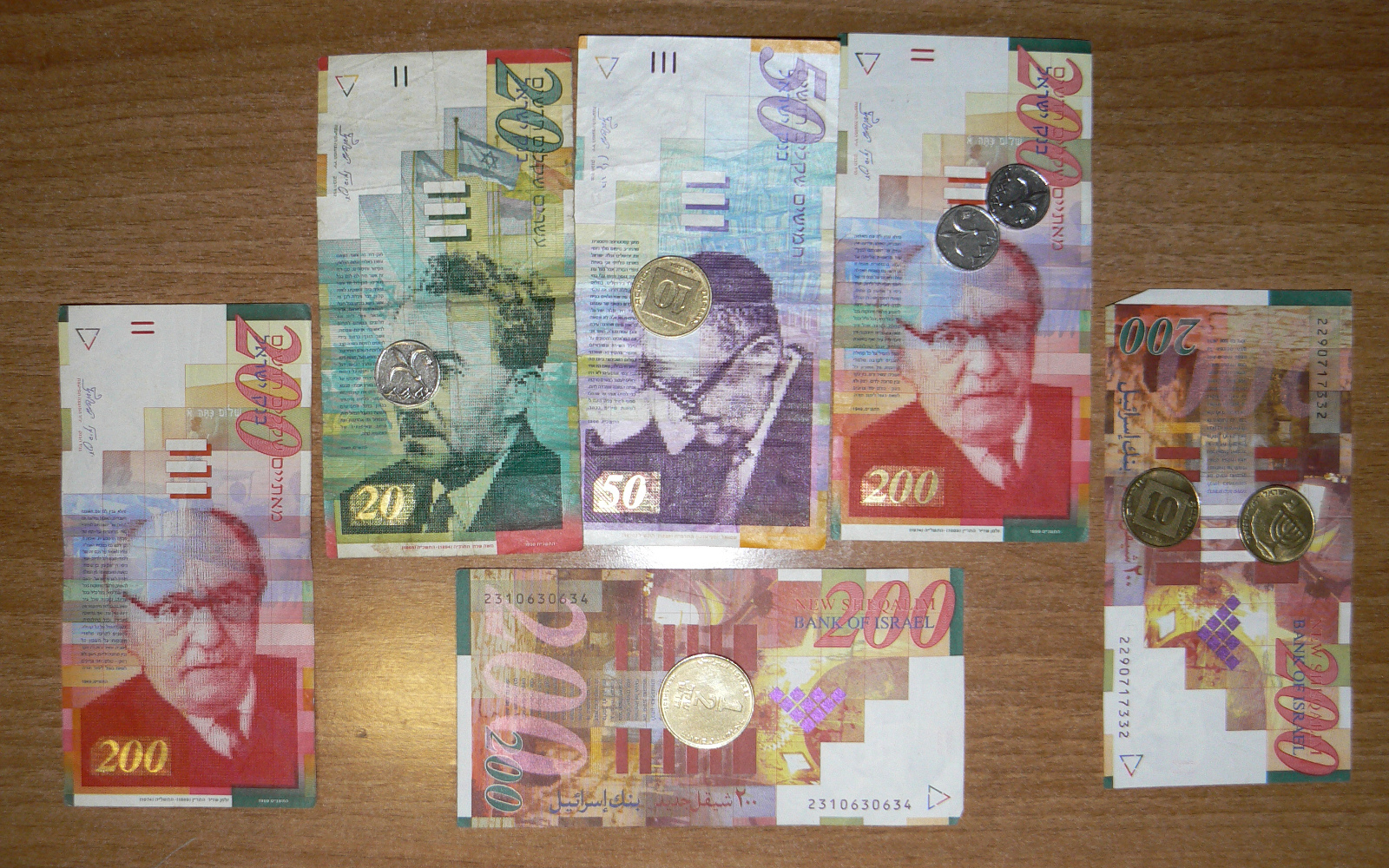
It’s important that you determine your spending budget for the duration of your trip to Isreal before you leave. An expensive country to visit, and you won’t be able to get by on a backpacker’s budget like other countries in Asia.
That doesn’t mean that you can’t find an affordable way to travel on your vacation. There are a few ways that you can save money and not blow your budget. However, the most important parts of your budget will include airfare, accommodation, food, drink, and transportation.
Airfare
Being that Isreal is across the ocean from the United States, the price of an airline ticket will be expensive. Costing anywhere from hundreds to thousands of dollars, depending on where you leave from, this will be one of your largest expenses.
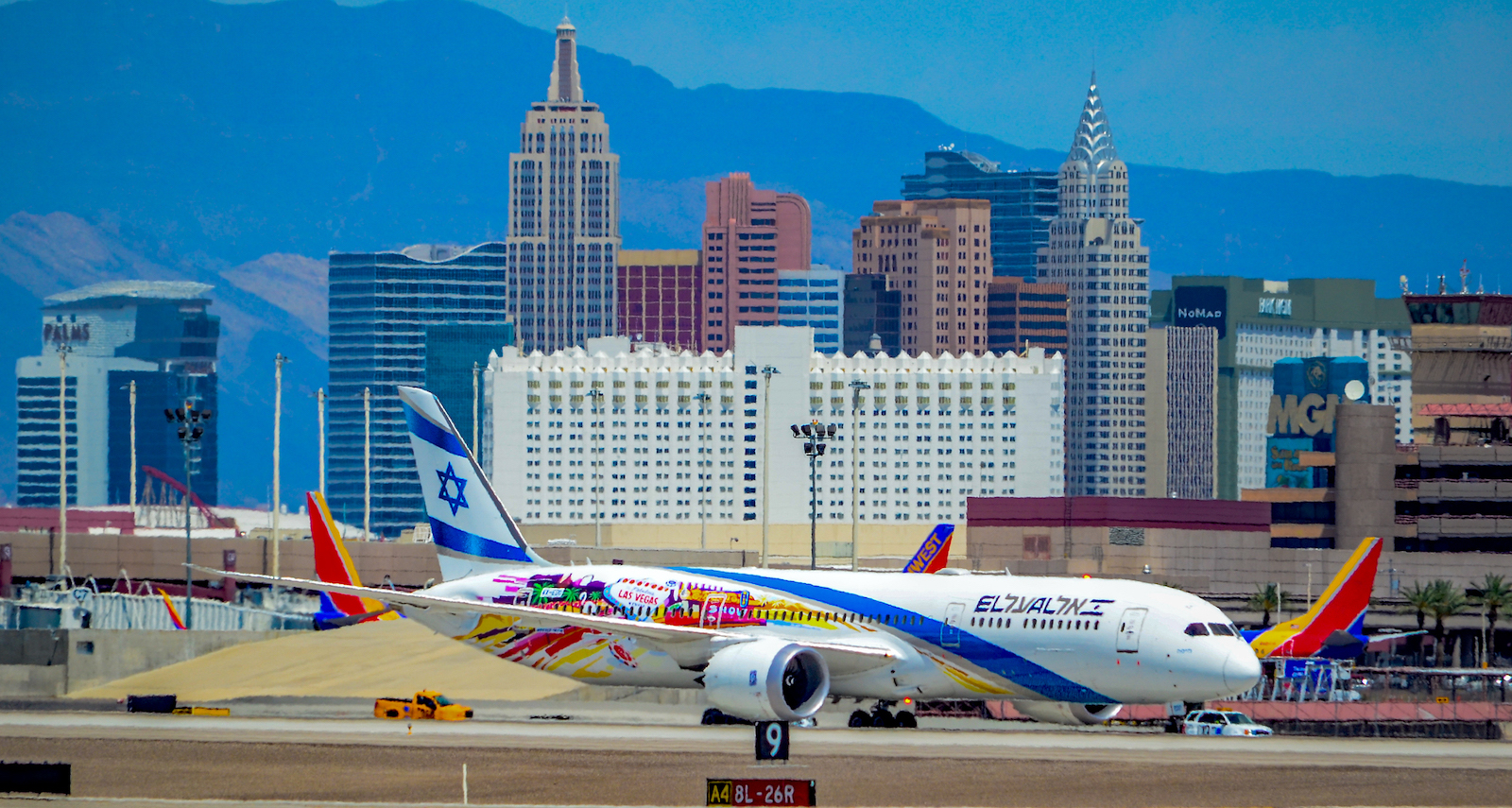
Plane tickets will also increase or decrease in price depending on when you travel to Israel and how far in advance you book your ticket. The tourist season in Israel ranges from June to September. Even though it is hot, summer is still the high season for tourists to come to the country, which means that this is also when plane ticket prices will go up in price.
Traveling out of season can help you save money on the cost of a plane ticket. Booking your airline ticket further in advance also helps reduce the price, as waiting closer to your date of departure to book a ticket means you’ll have to spend more to find a seat.
Accommodations
Accommodation is also quite expensive in Israel, so you will need to plan your budget accordingly for the duration of your stay in the country. Until more recently, hostels were not very common in Israel, which has made them more costly, especially compared to other countries in Asia.
Due to the increase in tourism, hostels have started popping up more, but they can book up fast because they are the only affordable option.
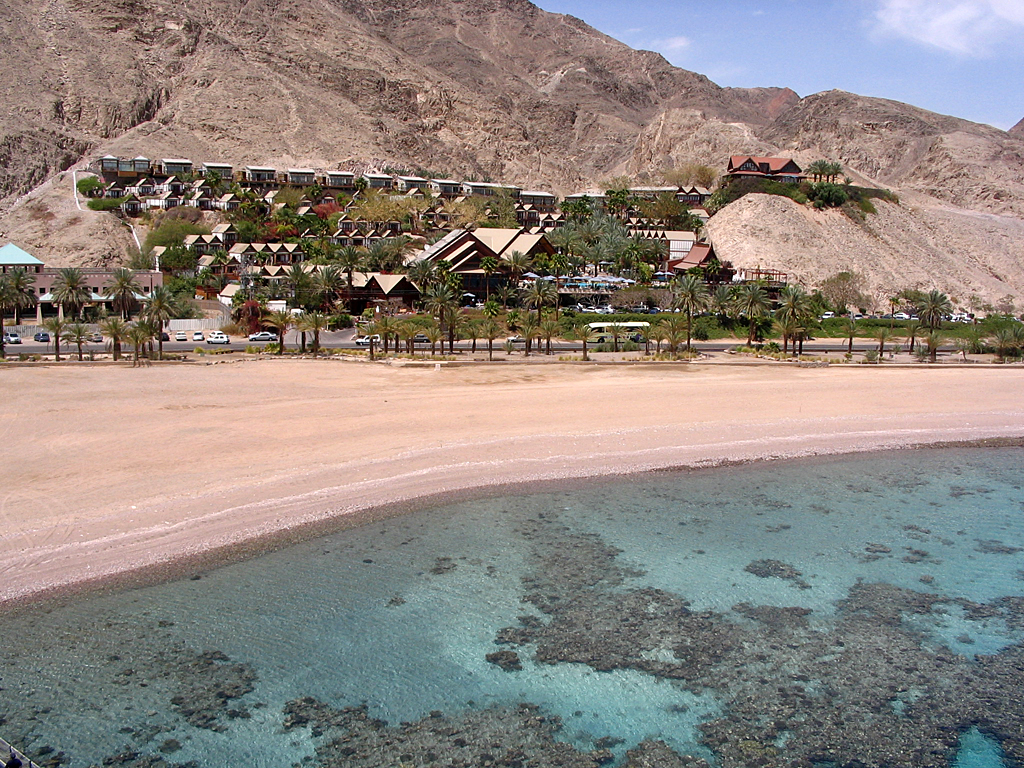
Having particularly high prices in places like Jerusalem and Tel Aviv, once you leave the big cities, the prices will drop. Keep in mind that these high prices are for private rooms with minimum furnishings.
Hotels and resorts will be the most expensive choices, costing over one hundred dollars for a three-start location and increasing drastically according to how nice the location is. Resorts will be by far the priciest option and are more suited to individuals who are looking for a luxurious vacation.
There are plenty of options for all types of travelers so that you can find the proper accommodation and still keep an affordable budget.
Israeli Food
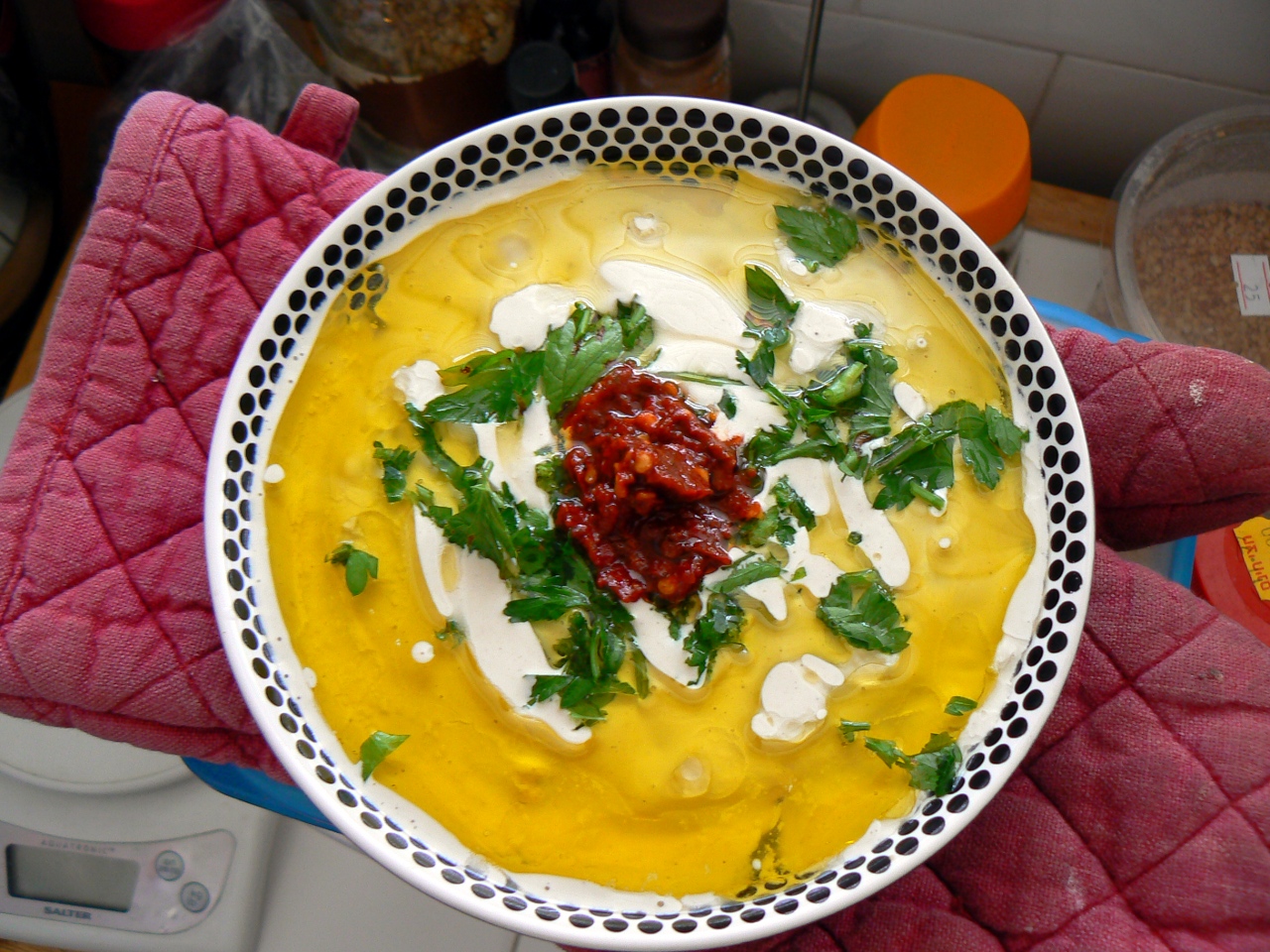
Once you have decided on where you want to stay for the duration of your trip, you’ll also need to consider the cost of food and drink with your travel budget. Israeli food is known for being rather healthy, but it is delicious too. So, you shouldn’t be surprised if you actually gain weight by trying all the various dishes that are offered.
Hummus masabacha is one of the most common dishes throughout Israel, and it is widely available in restaurants or on the street. The hummus is freshly made and is often served with hot bread. Garnishes like paprika, minced lamb, onions, and parsley may be used to make it even more delicious.
Falafel is another common dish in Israel, but it is extremely important to the country because it has become a part of its national identity. Falafel is made of fava beans or chickpeas and is served with bread or salad.
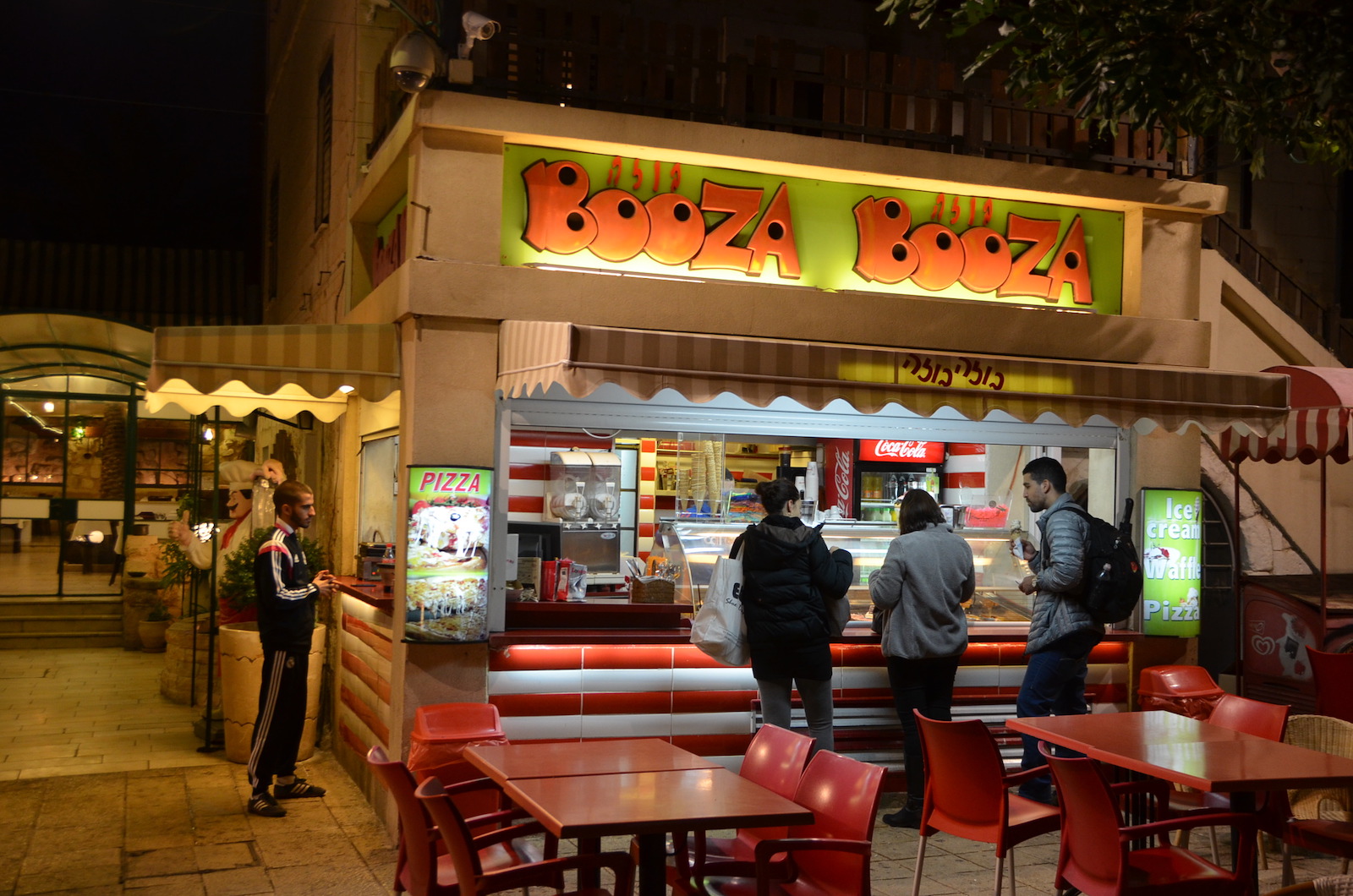
Tahini is a garnish that is featured in a variety of dishes, and it is as common as olive oil and garlic. Kanafeh is a cheese-based dessert that is common to top off a meal as it is soaked in sugar water to give it a sweetness and is sometimes served with yogurt for a different flavor.
Eggplant is the most common vegetable that has become a staple in Israeli cuisine, and it is often served with baba ganoush, which means that it has tahini, garlic, and lemon juice, and is served alongside bread.
That’s not all, there are plenty of other dishes that you can try. Many tourists are excited to eat Israeli food because it is often described as being fresher due to many vegetables being grown in the country and the fish coming straight from the seas.
Dining Out

Good food does come at a cost, and you should expect to spend up to $50 US dollars per day on your meals. Breakfast and lunch are more affordable with plenty of options costing less than $15 US dollars per meal, and dinner can be more expensive with dishes costing up to $25 US dollars.
Street food is the most affordable way to eat, with many dishes costing on a few dollars. Local restaurants will typically don’t cost too much, although you should expect tourist areas to be more expensive.
Drinking in Israel is also very expensive. While popular, as seen by the many late-night drinkers and bars that remain open until the last customer leaves, be prepared to pay higher prices. You will need to increase your spending budget by a significant amount if you plan out to go out frequently.
How to Get Around
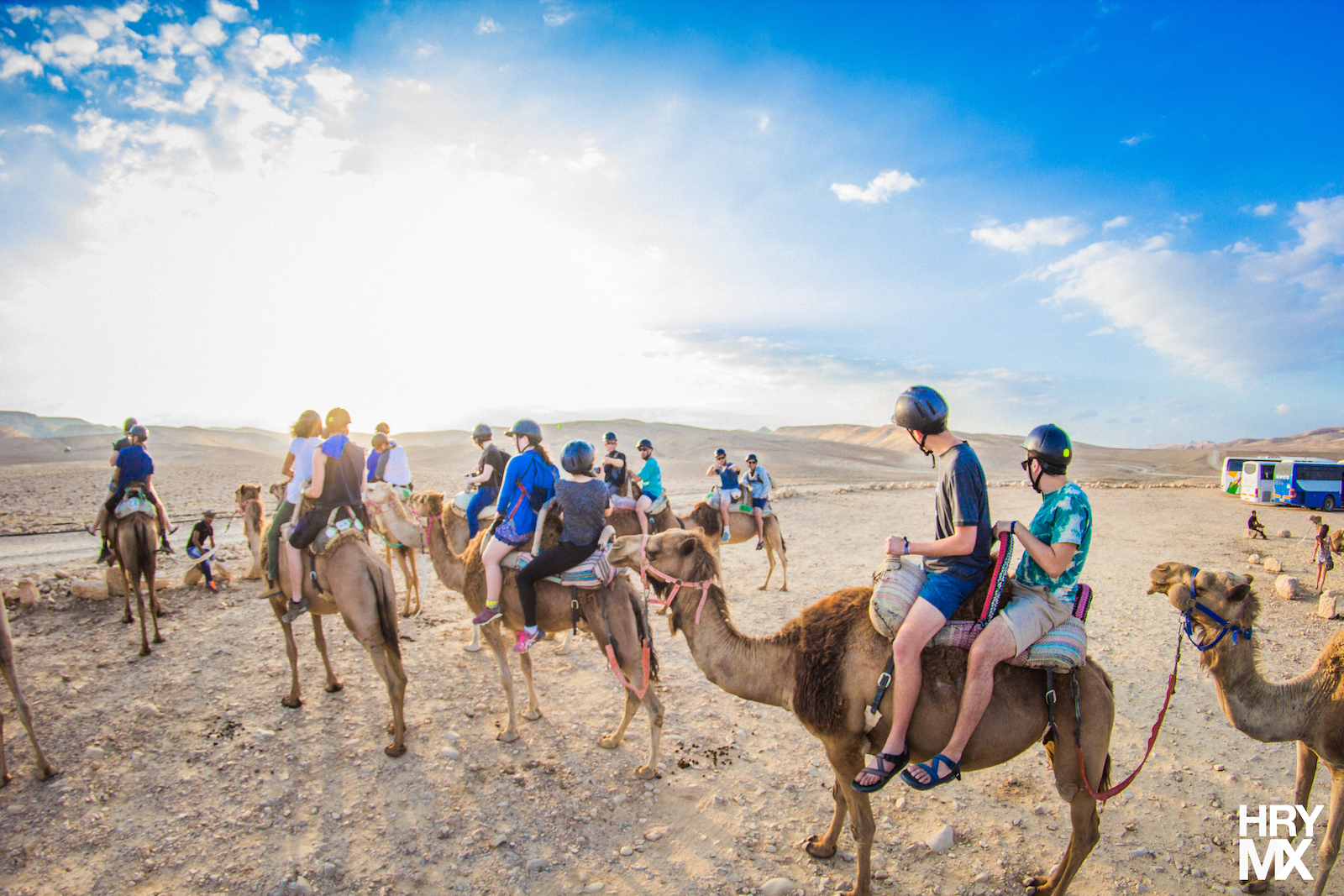
Unlike other countries, the many restrictions regarding travel around Israel mean that most people will really only travel to Jerusalem and Tel Aviv or between the two cities. The other areas close to the borders with Jordan and Egypt are closed to travel by tourists, and you may be denied entry into those areas.
This means that you won’t be traveling around all of Israel, but just because you’ll be traveling around a smaller area doesn’t mean that it’s easy.
Buses
Most travelers will use local transportation because it is affordable. Jerusalem and Tel Aviv both have their own transportation systems, and you can easily take a bus between the two cities.`
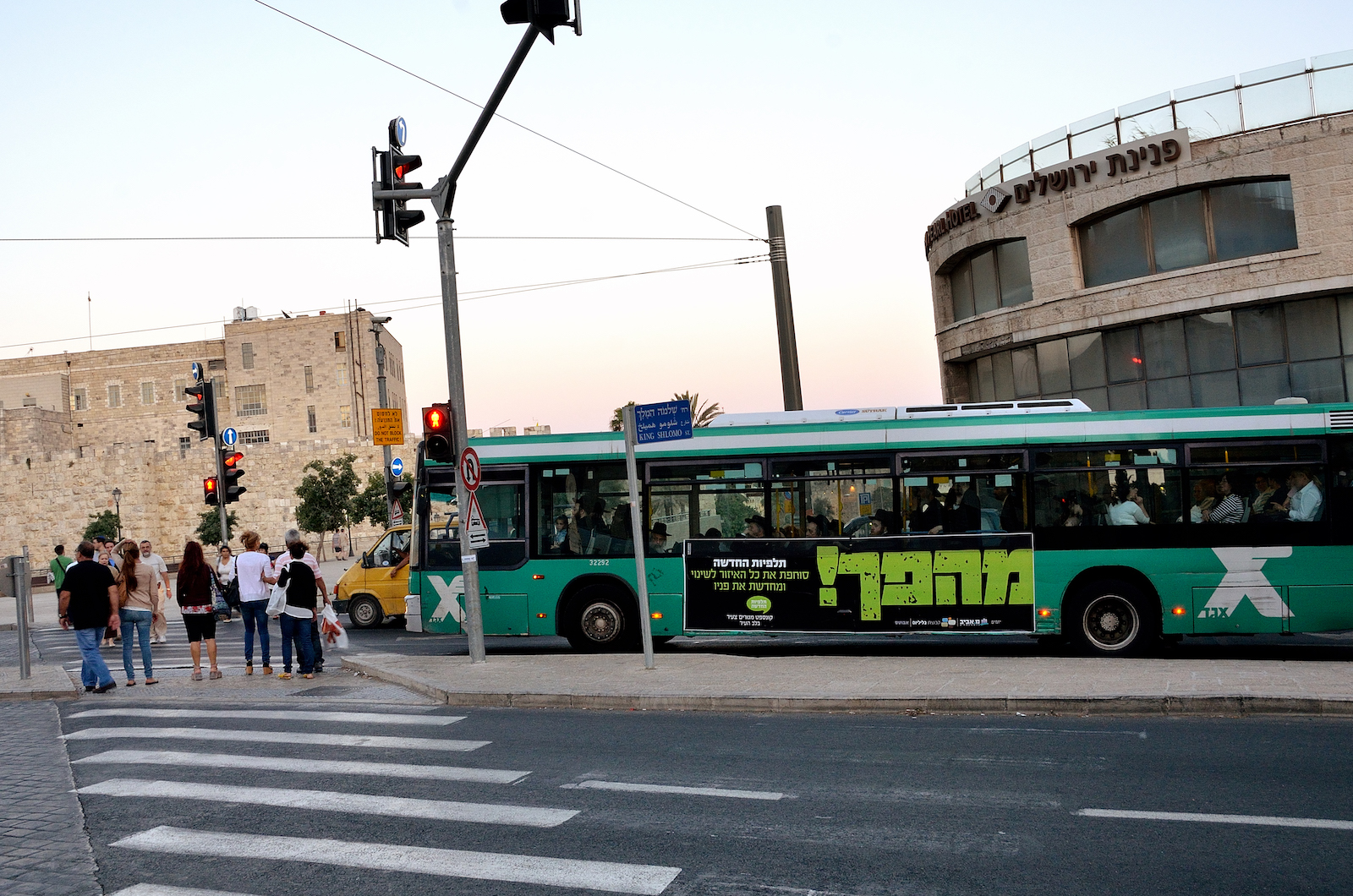
Taxis
If you’re traveling around Jerusalem or Tel Aviv, you will likely spend a few dollars a day on transportation. However, you should expect to increase your budget if you rely mostly on taxis. A few rides here and there make it affordable, but if you’re constantly using taxis, the cost can quickly add up.
As we stated earlier, the safety of many places in Israel makes it difficult or impossible to visit remote locations. So, most travelers will only stay in tourist areas, which does make finding reliable and safe transportation much easier.
Walking is another way to explore areas, and in places like Jerusalem or Tel Aviv, it’s considered to be safe in the daytime, as long as you are aware of your surroundings and keep your belongings close.
Top Cities to Visit
Due to safety reasons, most visitors will only visit Jerusalem or Tel Aviv. But there are a few other cities that have become tourist hotspots. Here is a brief overview of the top city destinations in Israel.
Jerusalem
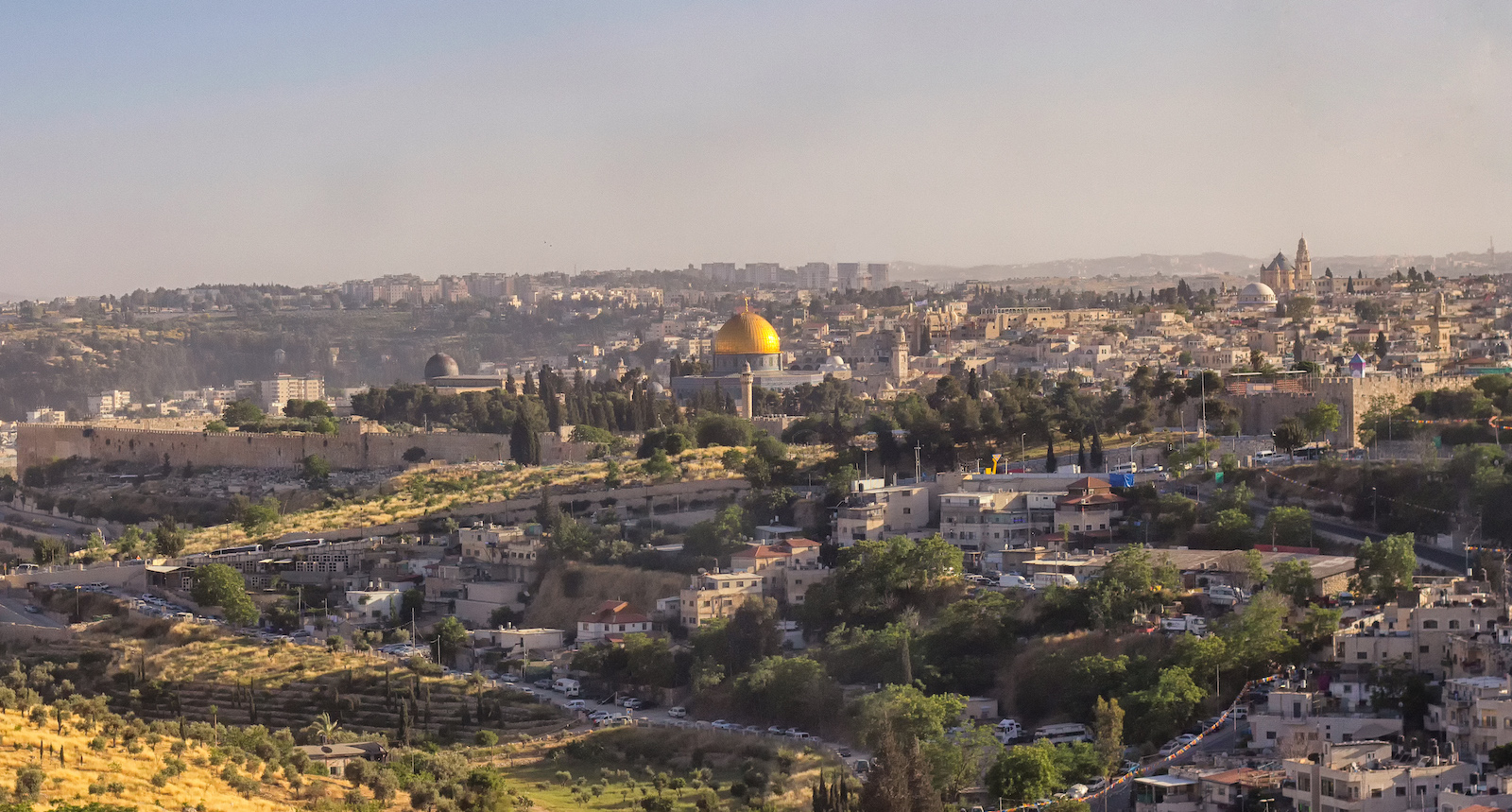
Jerusalem is the most visited city in Israel, with an annual 3.5 million tourists heading to view its ancient history. Also called the Holy City, Jerusalem is significant to Judaism and Christianity, where there are numerous religious sites and artifacts for people to see.
The Old City is the most historic part of Jerusalem, but it can be a tricky place to visit due to the local politics. Other sites to visit include Mount Zion and Mount Scopus.
Tel Aviv
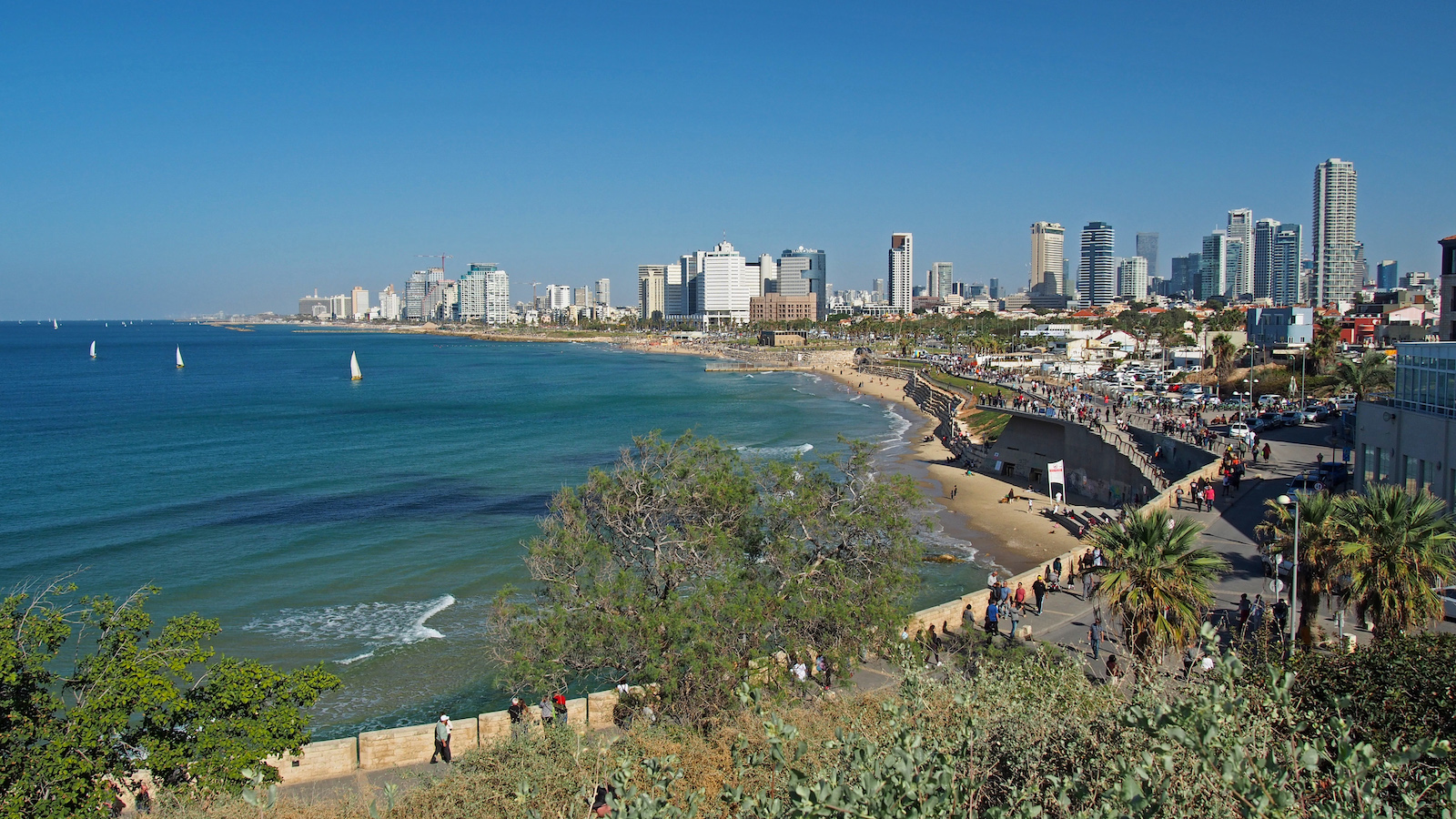
Tel Aviv is a major tourist destination because of its cosmopolitan vibe. It’s the economic powerhouse of Israel and the place where you can relax along the gorgeous Mediterranean Sea.
It has been listed as one of the top ten best beach cities and also features the Bauhaus architecture, which is a UNESCO World Heritage Site. With plenty of resorts, tourists are eager to romp and play in Tel Aviv.
Safed
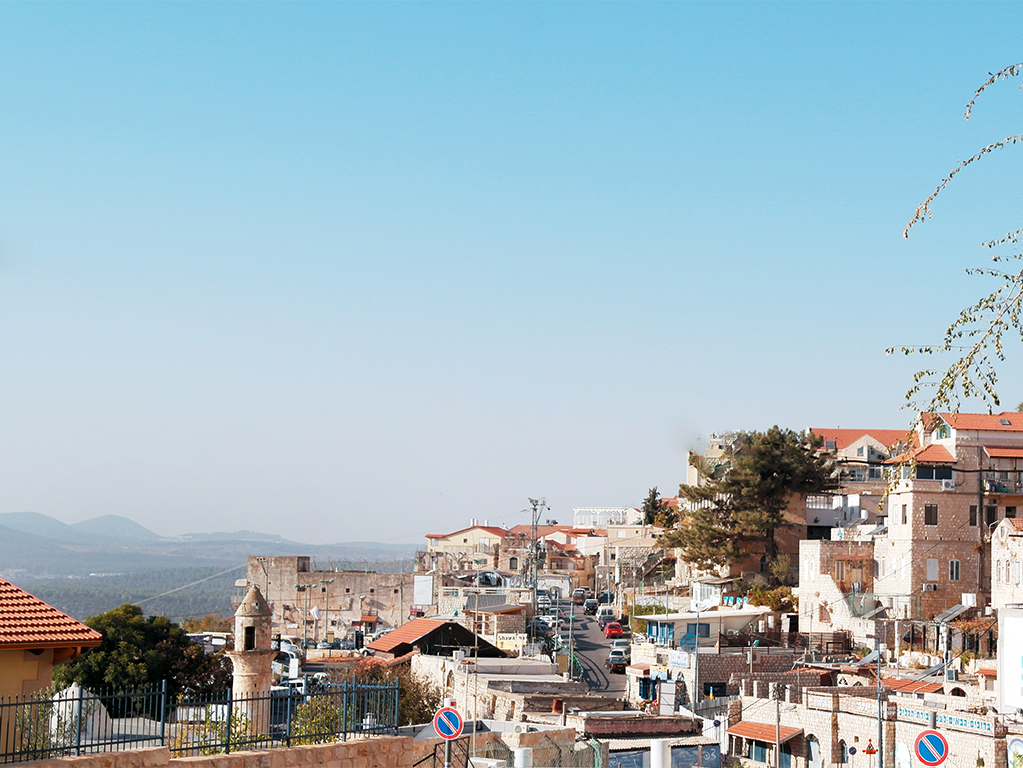
Another holy city to visit is Safed, which is filled with old synagogues and nature reserves. The red roofs of the city and ancient stone walls only add to the beauty. With mountains in the distance, there is also a picturesque view of the city’s hills.
Acre
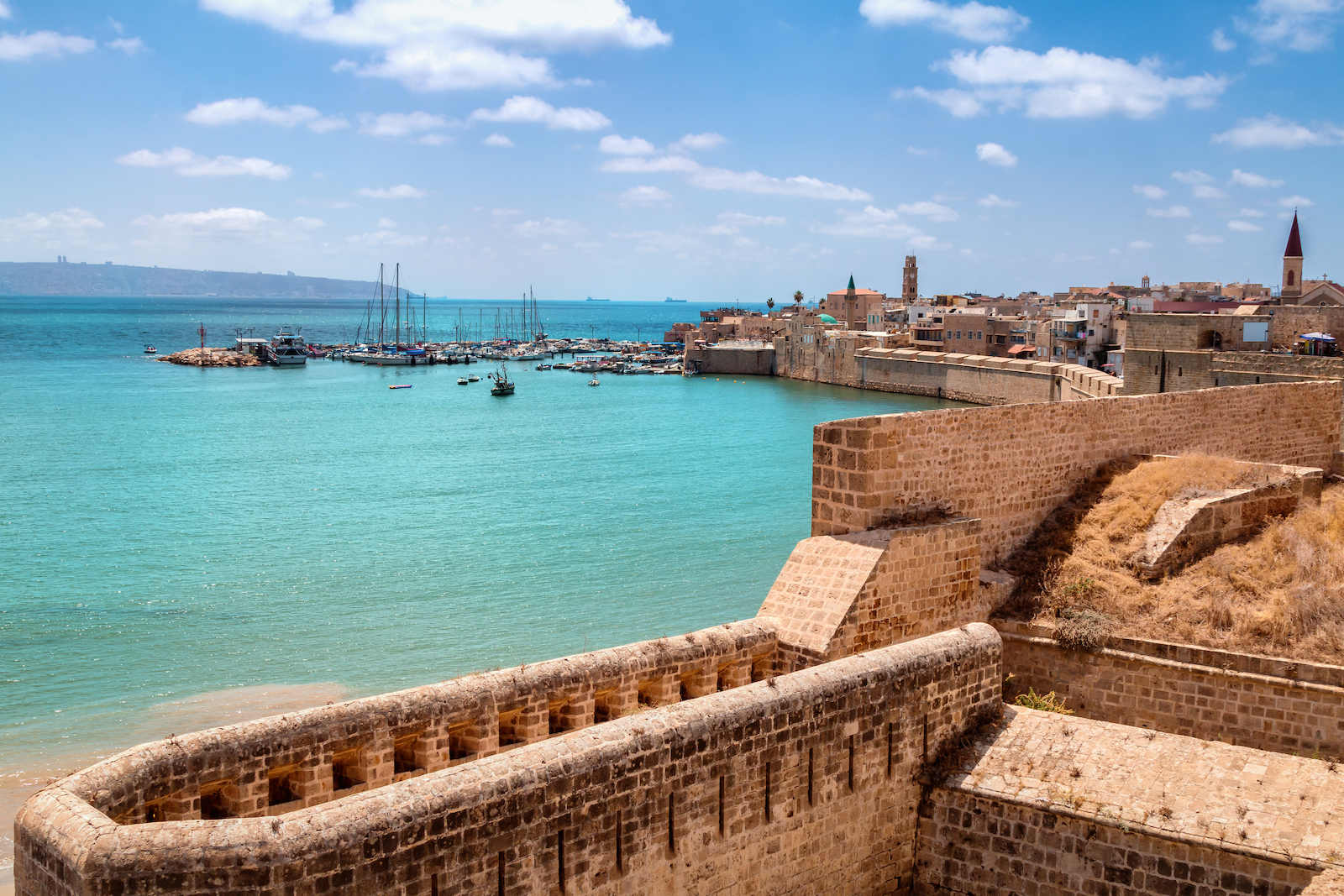
The entire town of Acre, also spelled Akko, is a UNESCO World Heritage Site. Acre is the holiest city to the Bahá’í faith, and many pilgrimages are made to sites like the Old City and the Knight’s Hall.
The Shrine of Bahá’u’lláh is also extremely important because it is the resting site of Bahá’u’lláh, who founded the Bahá’í faith.
Nazareth

For Christians, Nazareth is very important because it’s the biblical city where the angel Gabriel told Mary that she would have a child. The child was Jesus, and the Nazareth Village came to be his home and where he practiced carpentry. There are many churches throughout the city that are worth visiting and hold historic importance.
Points of Interest
Home to numerous historic destinations, there are plenty of points of interest tourists may want to see during their stay. A land of immense beauty, there is plenty to do and see during your visit. Here are a few of the top tourist locations in Isreal.
Discover the best of Israel’s thermal springs to add to your itinerary, on our sister site, Top Hot Springs.
Sea of Galilee

The Sea of Galilee is another biblical site where Jesus walked on water and performed many of his other miracles. Now, the lake is a popular destination for rest and relaxation. For Christians, this lake is sacred, and many will flock to its shores so that they can feel even more connected to their faith.
Golan Heights
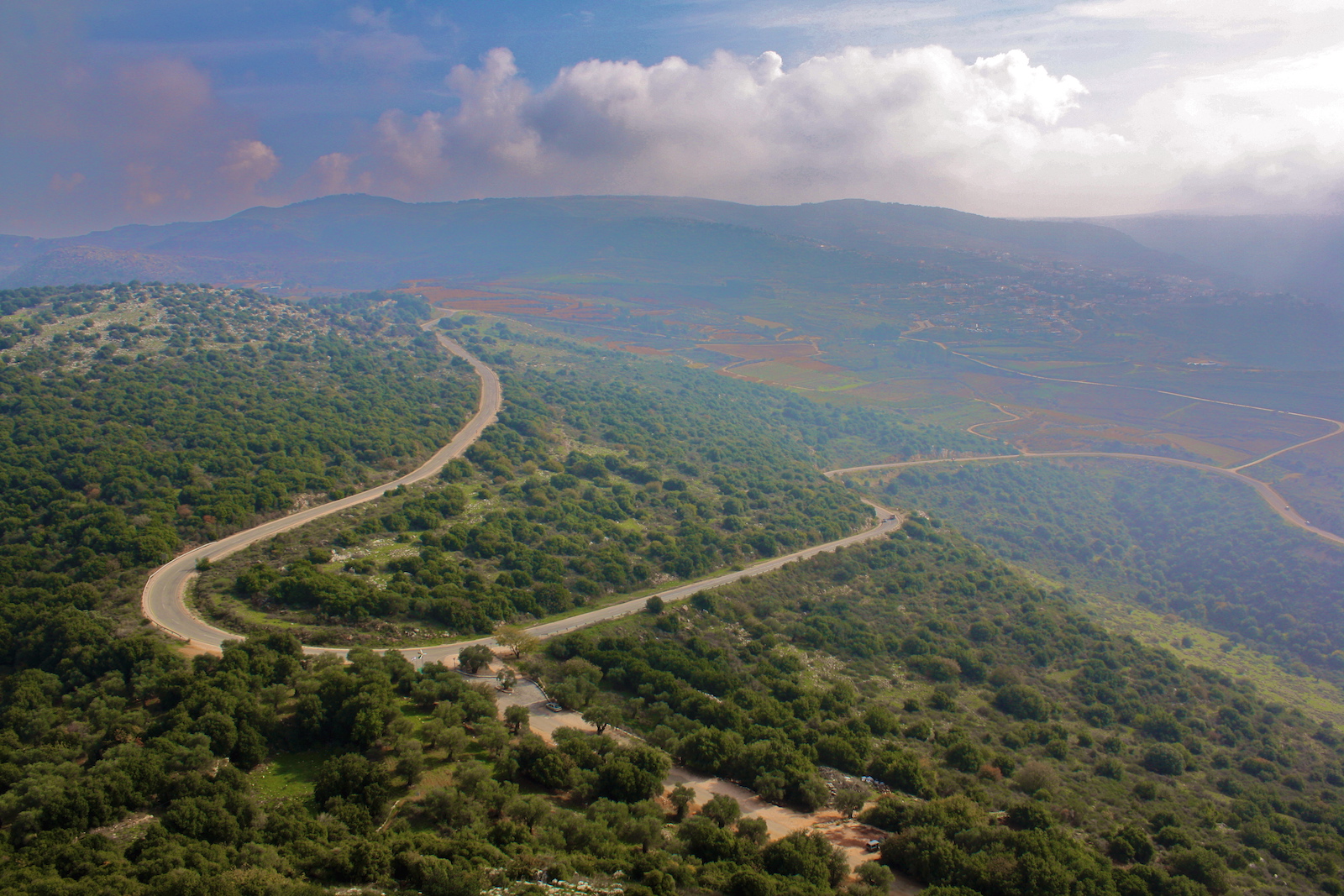
The Golan Heights is a mountain region in Israel, which is home to the famous Hermon Mountain. The area is heavily used in the summertime for hikes, and in the winter, you can ski down the slopes. There are also historical sites with ancient ruins that rest on top of the green peaks.
Dead Sea
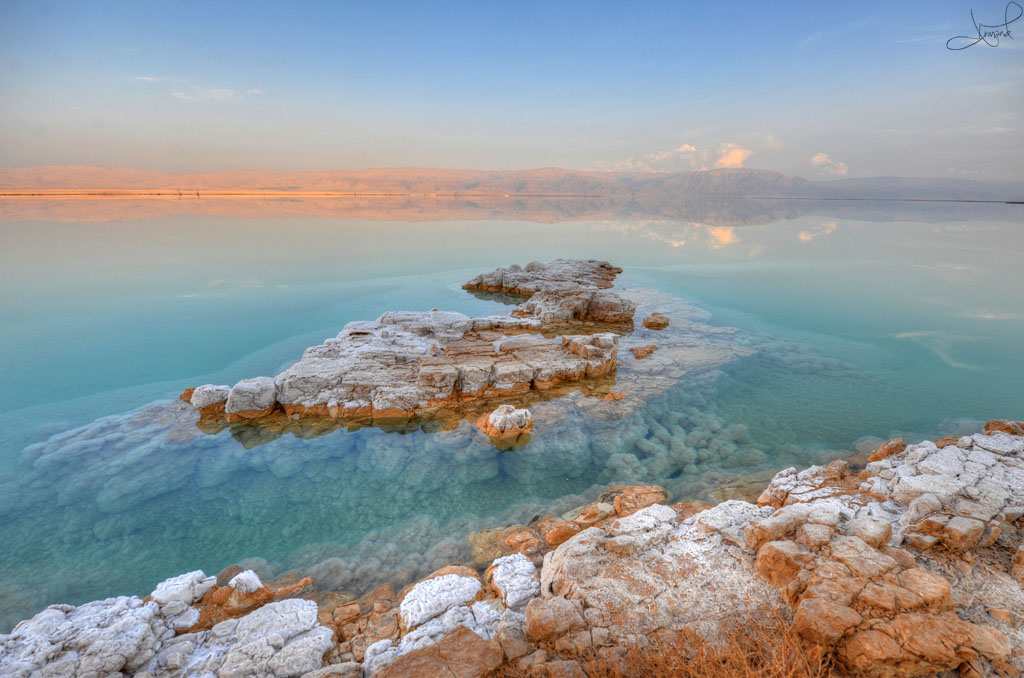
The Dead Sea is the lowest point on Earth, and it rests 1,412 feet below sea level. Tourists come to the Dead Sea to view this famous area and float on the water. With extra salt in the water, it is extra buoyant and perfect for your skin. At seaside resorts, you can also explore the shores for a fun time.
“Land of Creation and Creativity”
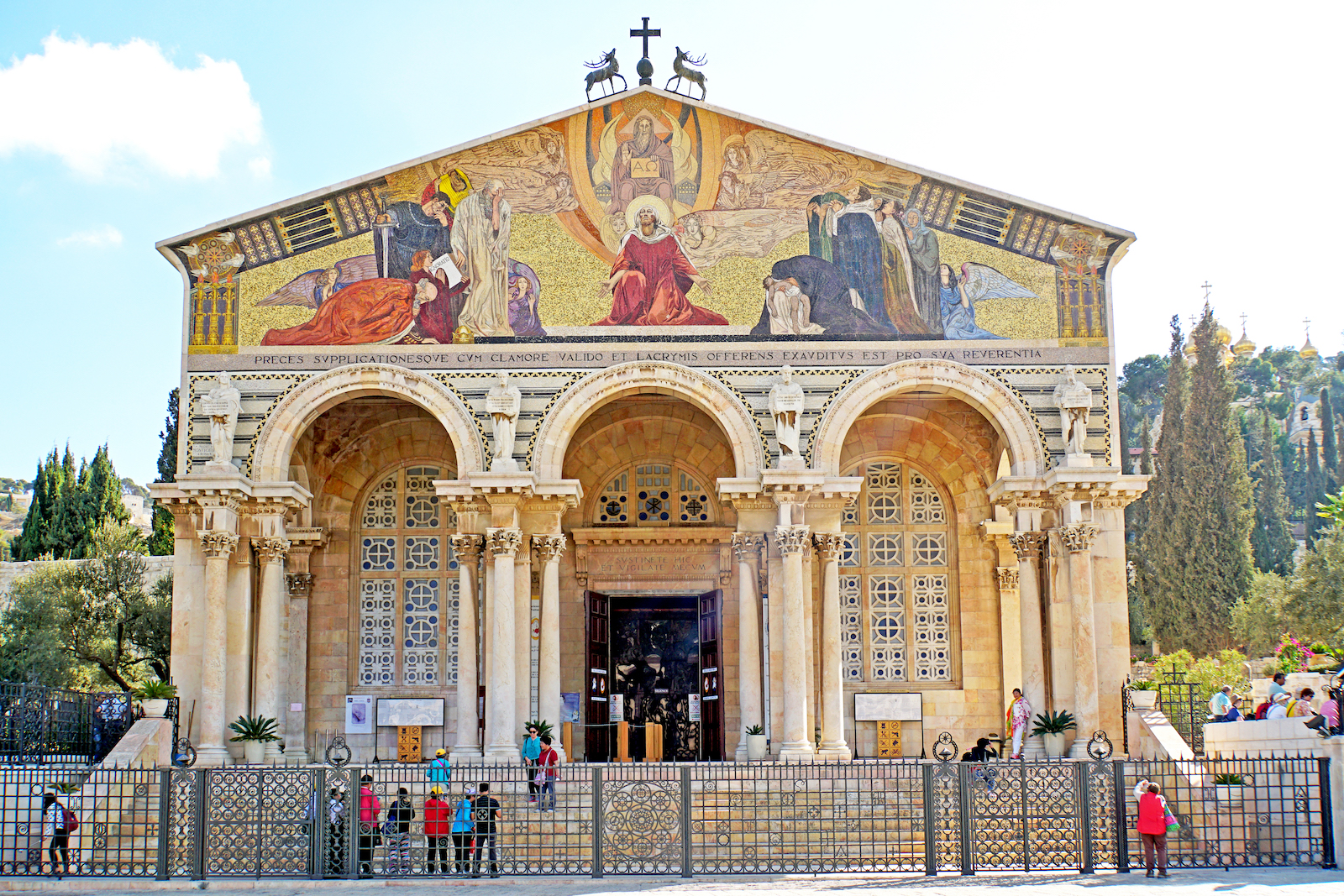
While Israel is one of the world’s most sacred countries, it’s also a place where people go to see ancient history, whether they’re religious or not. The beauty of the country, from the architecture to the culture, draws in millions of tourists.
Even though there has long been a chaotic political scene, tourists are very safe in areas like Tel Aviv and Jerusalem, as well as much of the country. There are precautions to take and areas to avoid. So check locally, and stay out of the West Bank and Gaza. You’ll be fine in all the touristy areas and happy you came to this magical country!


 What Is Idaho Most Famous For?
What Is Idaho Most Famous For?